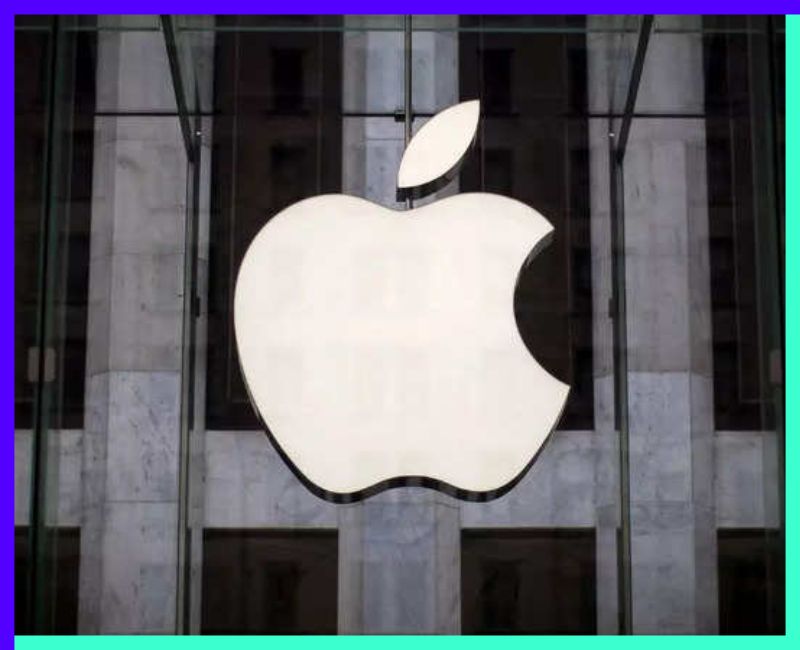In a significant development, the U.S. Justice Department has launched a landmark antitrust lawsuit against Apple Inc., a tech giant known for its influential presence in the global market. The lawsuit accuses Apple of engaging in anti-competitive behavior, aimed at consolidating its dominance in the smartphone industry while impeding competition.
According to the Justice Department’s complaint filed in federal district court in New Jersey, Apple has allegedly exploited its app development rules, iPhone features, and hardware to create what the department terms a “moat around its smartphone monopoly.” The lawsuit further claims that Apple’s actions have led to higher prices for consumers, thus violating federal antitrust laws.
Attorney General Merrick Garland emphasized the importance of maintaining fair competition in the market, stating that consumers should not bear the brunt of companies breaking the law to maximize profits. The complaint, spanning 88 pages, outlines various allegations against Apple, including violations of the Sherman Antitrust Act.
Among the accusations are claims that Apple imposed restrictive rules and agreements in its App Store guidelines, hindering innovation and competition. The company is also accused of stifling the growth of “super apps” that offer similar services across different devices, as well as monopolizing tap-to-pay functions on iPhones exclusively to its Apple Wallet.
One significant grievance highlighted in the lawsuit is the disparity in messaging capabilities between Apple and non-Apple devices. Users have long experienced issues such as lower media quality and limited editing options when communicating across different platforms. These discrepancies allegedly contribute to Apple’s efforts to keep users within its ecosystem.
The complaint further alleges that Apple has hindered competition by limiting interactions with non-Apple smartwatches and leveraging services like cloud streaming and web browsers to suppress smaller rivals. The ramifications of Apple’s anti-competitive practices extend beyond the smartphone market, affecting industries such as financial services, gaming, social media, and entertainment.
In response to the lawsuit, Apple issued a statement expressing its opposition, stating that the litigation threatens the core principles that define Apple’s products in fiercely competitive markets. The company vowed to vigorously defend itself, arguing that the lawsuit is based on incorrect facts and legal principles.
This legal action against Apple follows similar scrutiny faced by other tech giants, including Google, which has faced antitrust lawsuits alleging monopolistic practices. The outcome of these lawsuits could have far-reaching implications for the technology industry and competition in various sectors.
The U.S. antitrust lawsuit against Apple underscores the importance of maintaining fair competition in the market and protecting consumer interests. As the legal battle unfolds, the tech industry and consumers alike await the resolution and its potential impact on future business practices and consumer choices.






